Sustainable Tourism
50 Degrees North was founded in 2010, at the tail end of the global financial crisis. Since then, the company has grown from a small family business to a global company with 60+ employees across three continents. As a leading Nordic destination specialist, we offer boutique, sustainable, and authentic travel experiences above the 50th parallel north. Alongside our growth, we have embraced a serious commitment to sustainability, continually working to reduce our environmental impact and give back to the communities we touch.

50DN Melbourne team during a volunteering day at CERES Community Environment Park

Certificates
We are proud to be a Certified B Corporation, joining a global community of businesses committed to meeting high standards of social and environmental responsibility. This certification reflects our dedication to ethical business practices, sustainability, and transparency. Achieving B Corp status required an exhaustive assessment of our impact on employees, customers, communities, and the environment. We prioritise purpose alongside profit, striving to make a positive impact on the world.
View our B Corp profile and B Impact Score.
Since 2022, 50 Degrees North has also held the Travelife Partner Certification, recognising our leadership in sustainability and Corporate Social Responsibility (CSR). This certification acknowledges our adherence to over 100 criteria, covering areas such as office management, product range, and partnerships.
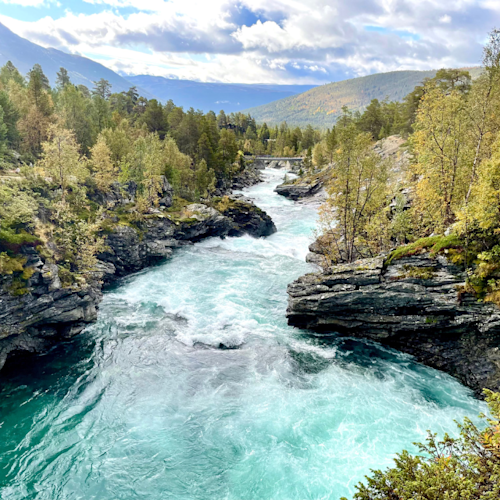
Our Key Values
-
Distributing Tourism: Promoting travel to less-visited destinations and during the low season to combat overtourism.
-
Supporting Local Communities: Partnering with local businesses to ensure socio-economic benefits stay within the community.
-
Environmental Partnerships: Collaborating with operators who meet strict environmental standards, such as ISO 14001-certified hotels.
-
Low-Emission Travel: Encouraging train travel, electric vehicles, and other low-emission transport options.
-
Preservation & Respect: Minimising our impact on local nature, wildlife, and culture while actively supporting conservation efforts.
Also read our full Sustainability Policy.
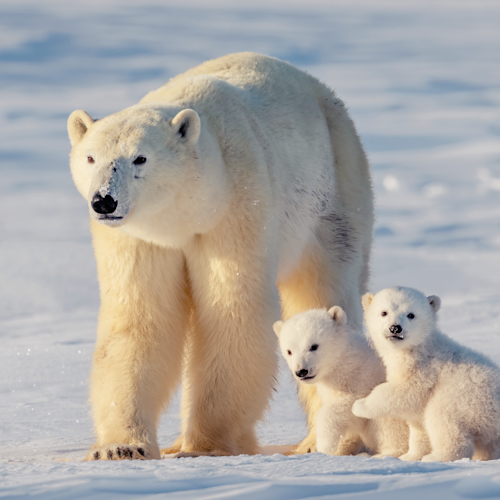
Climate Action Plan
At 50 Degrees North, we are dedicated to reducing carbon emissions and contributing to a more sustainable future. As founding signatories of the Glasgow Declaration - launched at COP26 - we stand alongside the global tourism industry in our shared commitment to achieving net-zero emissions as quickly as possible.
Explore our full Climate Action Plan.

Carbon Labelling
We have carbon labels on our most popular tours to provide transparency about each trip’s carbon footprint. We are also constantly reviewing and adding more tours to this initiative.
Example tour emissions:
- Beautiful Norway (Independent): 178Kg of CO2e
- Iconic Northern Lights Reverse (Escorted): 155Kg of CO2e
To better understand the figures, here are some comparisons: A cheeseburger is around 4kg CO2e. A one-way flight from New York to Oslo is approx. 600kg CO2e. The average annual emissions from an Australian is approx. 15,150kg CO2e.
Find out more about our carbon labels and calculating the carbon footprints.

Impact Reports
Our annual Impact Report offers a transparent account of our progress towards sustainability goals. It highlights achievements such as carbon reductions, community support initiatives, and the outcomes of our Impact Fund investments. These reports underscore our dedication to responsible travel and climate action.
Read our Impact Reports:
2024 IMPACT REPORT
2023 IMPACT REPORT
2022 IMPACT REPORT
By focusing on measurable actions and transparent reporting, we strive to set a high standard for sustainable travel, ensuring that the destinations we love remain vibrant and resilient for future generations.
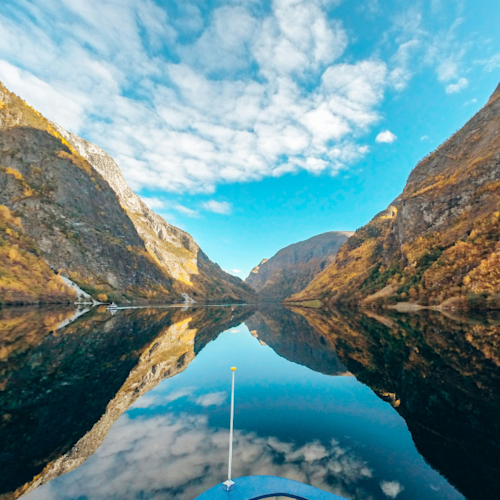
Giving Back: Our Impact Fund
Our Impact Fund reflects our long-term commitment to responsible and regenerative travel. Through the fund, we reinvest 10% of company profits each year into social and environmental initiatives that support the wellbeing of the destinations we operate in.
The Impact Fund focuses on projects that align with our core sustainability objectives, including protecting biodiversity, supporting local communities and cultures, and strengthening nature’s ability to absorb carbon. Rather than short-term or one-off contributions, the fund prioritises long-term partnerships and practical action that helps build resilience in regions that are central to Nordic travel.
By directing funding into destination-led initiatives, the Impact Fund supports conservation, community wellbeing, and responsible tourism practices beyond the journey itself. It also provides transparency and reassurance for travellers and travel advisors who want confidence that their travel choices contribute positively to the places they visit.
Recipients and focus areas evolve over time, allowing the fund to respond to changing needs while maintaining a consistent commitment to caring for the landscapes and communities that make Nordic travel so distinctive.
Learn more about our most recent Impact Fund recipients.
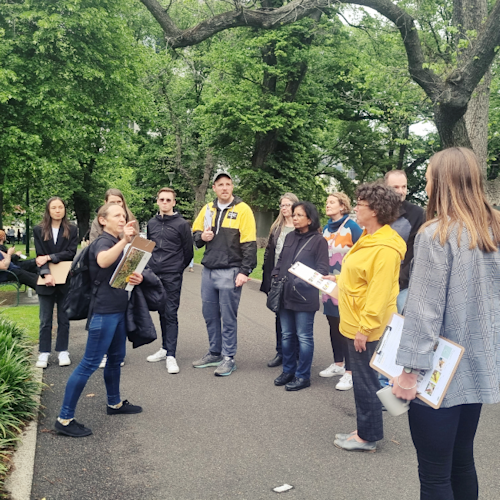
Green Offices
At 50 Degrees North, we are deeply committed to making a meaningful impact in our communities while treading lightly on the planet. We’ve implemented strong environmental policies across all three of our global offices, and we are passionate about supporting local communities through responsible purchasing and our annual staff volunteering day.
Learn more here.
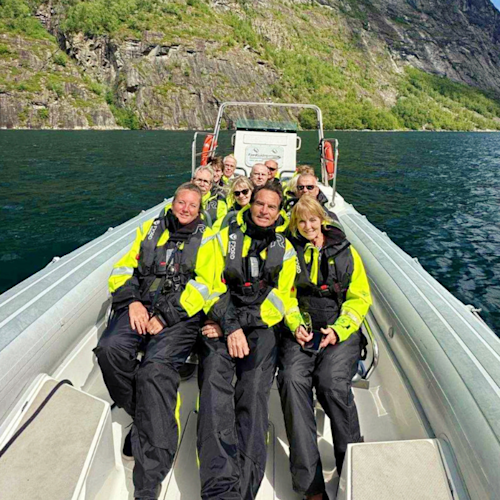
Tips for Travellers
Below is a short recap of our recommended Responsible Travel Tips
-
Choose low-emission transport options: Opt for trains, buses, electric vehicles, or bicycles instead of flying or driving private cars if possible. For longer distances, consider trains over flights, especially in regions where rail travel is efficient and environmentally friendly. If flying is necessary, choose airlines that prioritise fuel efficiency and sustainable practices. Also read our guide How to Book a Lower Carbon Flight
-
Travel off-season: By visiting destinations during autumn or spring, you help reduce overtourism, which can put immense pressure on local resources and ecosystems. This also means a more relaxed travel experience, with fewer crowds and a chance to experience destinations in a more authentic way.
-
Stay in eco-friendly accommodations: Read, for example, our article Ecotourism in the Nordic Region offers sustainable, experience-rich travel.
-
Support local economies: Choose locally-owned businesses for your accommodations, dining, and activities. This ensures that more of your money stays within the community, supporting local livelihoods and encouraging sustainable practices. Learn about our signature tours or read our article Responsible travel: 6 ways to support local communities.
-
Engage in responsible wildlife experiences: Look for ethical wildlife tours or conservation-focused experiences that contribute to protecting habitats and species. Also learn more about Animal Welfare during 50DN tours and packages.
-
Learn and respect local cultures: Take the time to learn about the customs, traditions, and values of the places you visit. Respect local norms, traditions, and cultural heritage to foster positive interactions and ensure your presence has a minimal negative impact.
-
Minimise waste and recycle: In destinations like the Nordics, where water is very clean and safe to drink, there's no need to buy bottled water — bring a refillable bottle instead! Be mindful of waste by reducing single-use plastics and disposing of recyclables properly. Many places offer clearly marked recycling bins, so make sure to use them.
-
Reduce energy and water use: While travelling, be conscious of your energy and water consumption. Turn off lights and electronics when not in use, take shorter showers, and avoid excessive air conditioning or heating. Many eco-friendly accommodations will already have systems in place to help reduce energy and water waste.
-
Carbon offset your travel: Consider offsetting the carbon emissions generated by your travel by supporting projects that reduce or capture carbon, such as reforestation or renewable energy initiatives. Several services can calculate your travel emissions and help you invest in offset programs.
-
Stay informed and make informed choices: Knowledge is power, and staying informed about the environmental and social impacts of your travel choices is crucial. Read articles like How to travel better: a beginner's guide to sustainable travel by National Geographic, and seek out resources on how you can travel more sustainably. The more you learn, the easier it becomes to make choices that align with your values and support a healthier planet.